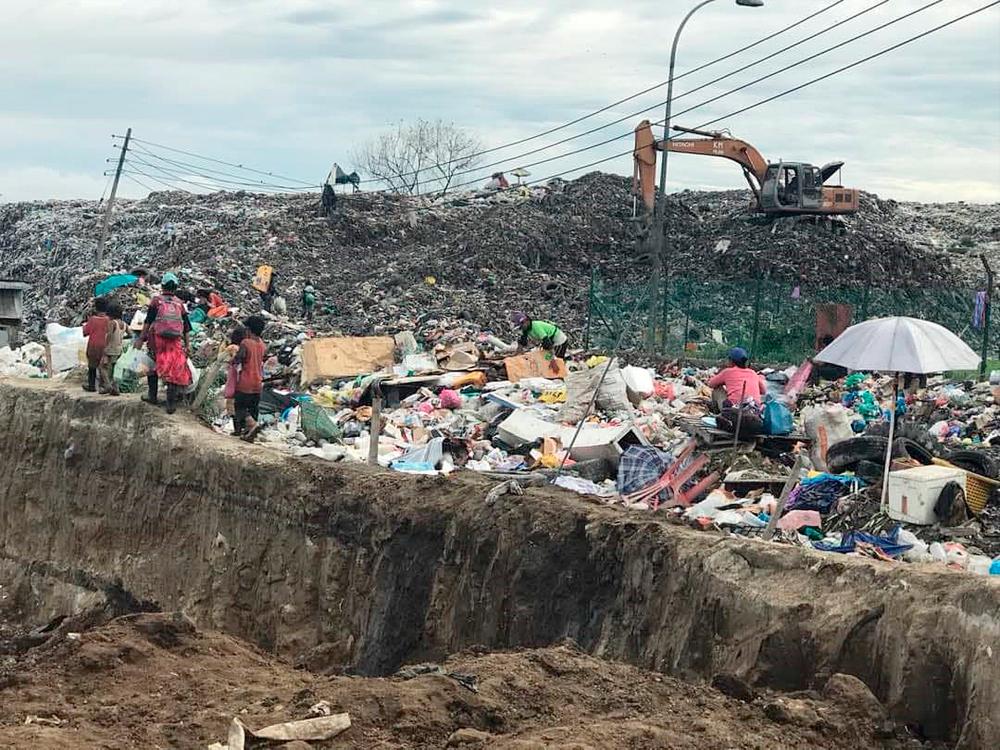KUALA LUMPUR: Malaysia must urgently embrace a sustainable and circular economic model that focuses on reducing the use of packaging materials as our landfills are nearing full capacity, warned Waste Management Association of Malaysia co-founder and chairman Ho De Leong.
He said product packaging needs to be better designed and less resource intensive so that waste can be recaptured to manufacture new materials and products.
“The current linear economic model focuses on products which are produced, used, and then thrown away as waste.
“Considering that by 2050 Malaysia will run out of space for solid waste disposal as the country’s landfills are reaching full capacity, we have to take action now as time is running out.
“Malaysia needs strategic waste management solutions as the country has a lower recycling rate compared with our neighbours. To combat this, the country must transition from solid waste management in a linear economy to a sustainable and circular economic model of production and consumption,” said Ho, who is also SWM Environment Sdn Bhd CEO.
“With the population of the country growing rapidly, the accumulation of waste in landfills has become a significant concern.”
In a study published in June last year, the International Journal of Academic Research in Business and Social Sciences put the rate of increase in solid waste at 39,936 tonnes per day for 2022. This is attributable to population growth, lifestyle changes, and the rapid urbanisation and development process.
The report said Malaysia also suffers from poor waste management due to lack of technology, experienced labour, and infrastructure to adequately address the problem.
Ho said the government has introduced various initiatives to promote recycling, including mandatory waste segregation, recycling programmes, as well as education and awareness campaigns.
Extended Producer Responsibility, which is an environmental policy approach, has also been implemented to encourage manufacturers to design products with recycling in mind and provides incentives for it.
“The public should be encouraged to dispose of their domestic waste with proper segregation as organic waste can be turned into compost for gardens and agriculture.
“Proper waste management can mitigate environmental damage and the associated costs such as cleaning up soil and water pollution, health-related expenses, and climate change mitigation efforts.”
Ho said there have been innovations in advanced recycling technologies as well as waste-to-energy technologies that can contribute to a circular economy.
“Effective waste management can have significant economic benefits, including job creation and revenue generation from the sale of recyclables,” he added
To achieve such benefits, Ho said it is essential to invest in infrastructure, technology and education, while fostering partnerships between government, businesses, and communities. The public should also be encouraged to participate in waste-reduction and recycling programmes.
“The government should strengthen regulations and enforcement, impose penalties for non-compliance, conduct regular inspections and monitoring, and provide resources to waste management authorities responsible for monitoring and enforcing regulations.
“As we strive towards a more sustainable future, it is imperative that we focus on implementing innovative solutions that address the root causes of this issue. Together, we can make a positive impact on the environment and ensure a cleaner and greener tomorrow,” he said.
Alam Flora Sdn Bhd chief operating officer Azahari Zainal Abidin had, in March, warned that landfills in the country were running out of space.
He said in just one week, the amount of solid waste produced in Kuala Lumpur could accumulate to the height of the Petronas Twin Towers.
“The implications for both the environment and people’s health cannot be ignored. It takes approximately 20 years for a filled and closed landfill to recover and return to its original state,” he said.









